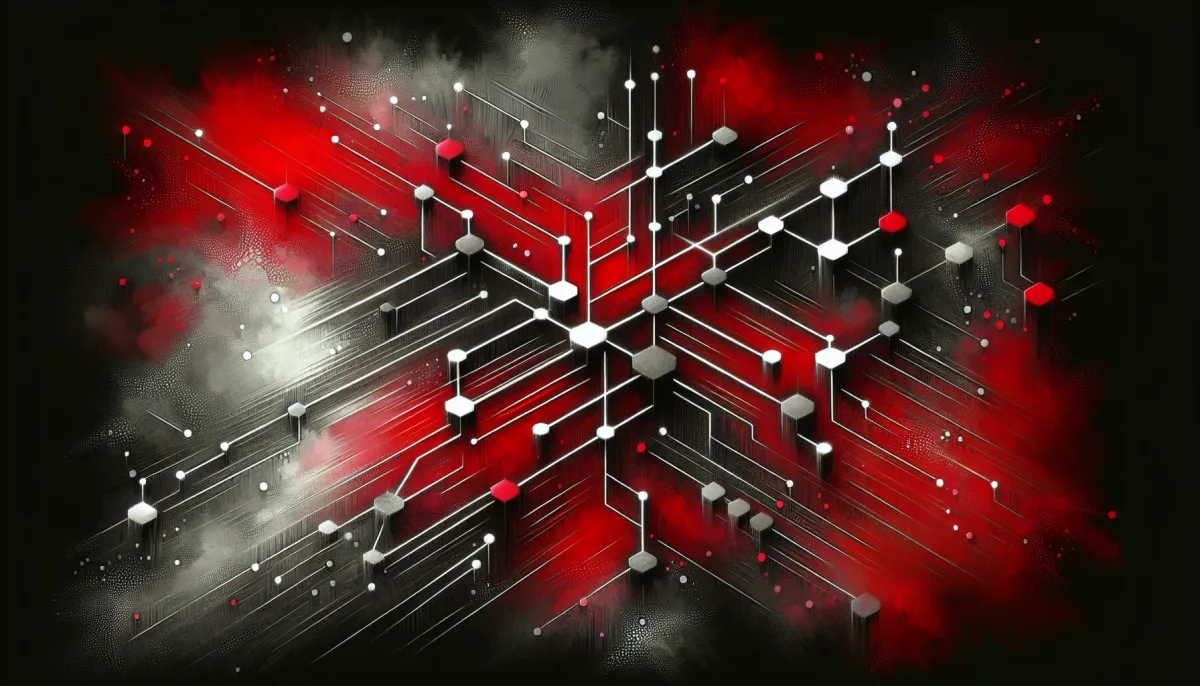Infura, a key player in Web3 infrastructure, has just announced something exciting. They’re launching their Decentralized Infrastructure Network (DIN) as an EigenLayer AVS. This move is set to enhance Web3 connectivity across different blockchain networks.
So, what is EigenLayer? It’s a protocol built on Ethereum. Its goal is simple: to boost the security of applications in the crypto space. How does it do that? By using AVSs, which are systems that require specialized validation processes. Think sidechains, data availability layers, and new kinds of virtual machines.
An EigenLayer AVS is any blockchain system that uses EigenLayer’s restaking mechanism. This allows for unique validation methods within the Ethereum network. The beauty of this setup is that it enables these systems to scale quickly, taking advantage of the security offered by Ethereum’s validators.
Now, let’s talk about DIN. It’s a decentralized API marketplace for Web3. Its purpose is to improve accessibility, reliability, and efficiency. Developers will find it easier to connect with Ethereum and other blockchains. In 2024, DIN will support new networks like Blast Layer 2, Mantle, Starknet, ZKsync, BNB Smart Chain (BSC), opBNB, and Scroll. This opens up more opportunities for developers to build and scale their applications.
By launching DIN as an AVS through EigenLayer, Web3 builders can tap into the security of staked ETH. They can also enjoy the collaborative features of EigenLayer. This integration of restaking and infrastructure support will enhance DIN’s offerings and strengthen the Ethereum ecosystem.
Why is DIN important? It fosters collaboration among DIN providers. This teamwork helps cut development costs and improves access to decentralized Web3 gateways. Developers can connect with emerging blockchain networks more affordably and reliably. DIN creates a win-win situation for everyone, including users.
DIN providers work together on key elements like router and node infrastructure kits, along with payment systems. This collaboration helps scale decentralized RPC solutions for developers. At the same time, DIN offers a valuable solution for new blockchain networks looking to grow effectively.

